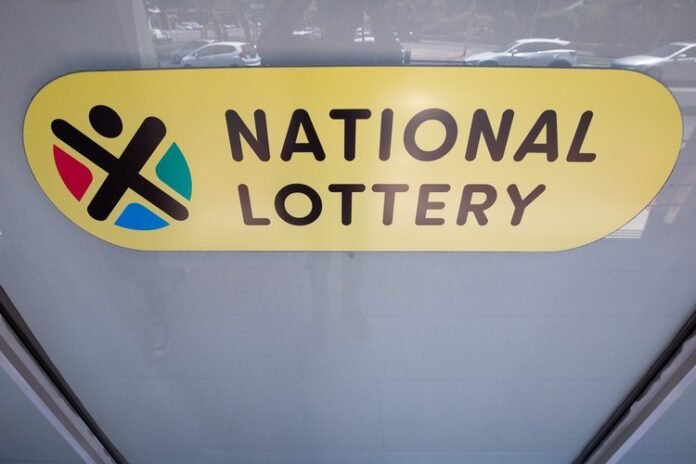Ithuba Holdings has stepped forward to address misunderstandings surrounding the ongoing South African National Lottery Licence process. As the Parliamentary Portfolio Committee on Trade, Industry, and Competition prepares to oversee the awarding of the Fourth Licence, the company aims to clarify key aspects to maintain public trust in the system.
According to Ithuba CEO Charmaine Mabuza, the company’s message focuses on four critical clarifications:
- Eligibility for the Fourth License: There is a common belief that Ithuba Holdings was ineligible to bid for the Fourth License. However, Ithuba Lottery, a separate entity with shared directors, was fully qualified to apply, and no irregularities were involved.
- Awarding of a Temporary License: The Minister of Trade, Industry, and Competition granted a Temporary License to ensure uninterrupted lottery operations and continued funding for charitable programs. This decision was based on statutory powers, recommendations from the National Lotteries Commission (NLC), and court rulings that underscored the importance of maintaining public interest.
- Addressing Allegations of Favouritism: Claims suggesting preferential treatment of Ithuba during the Temporary License issuance have been dismissed by the Minister. He clarified that the conditions attached to the Temporary License were necessary within the unique structure of the lottery industry.
- Essential Discussions with the Minister: Communication between Ithuba Holdings and the Minister was crucial in devising solutions to ensure the lottery’s seamless operation. These discussions resulted in a mutually agreed compromise, allowing ticket sales to continue without disruption.
With misinformation posing a threat to public confidence, Ithuba emphasizes the importance of a fact-based and transparent discussion. The company also highlights the role of the lottery in supporting charities, sports, infrastructure, and cultural initiatives that benefit disadvantaged communities through NLC funding.
Ultimately, Ithuba Holdings asserts that its statement is not intended to limit public scrutiny but rather to encourage a well-informed dialogue that preserves trust in the system.
































